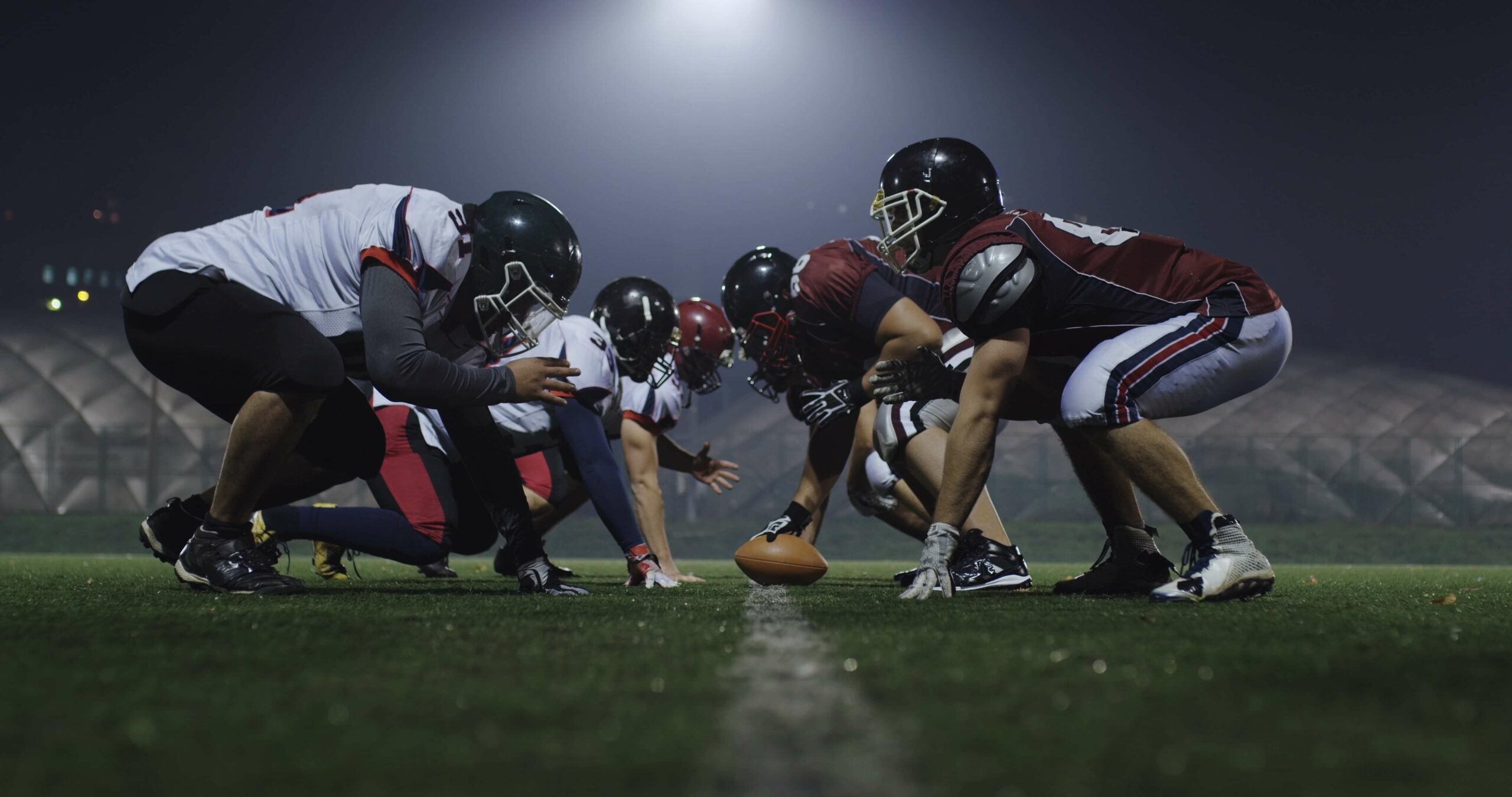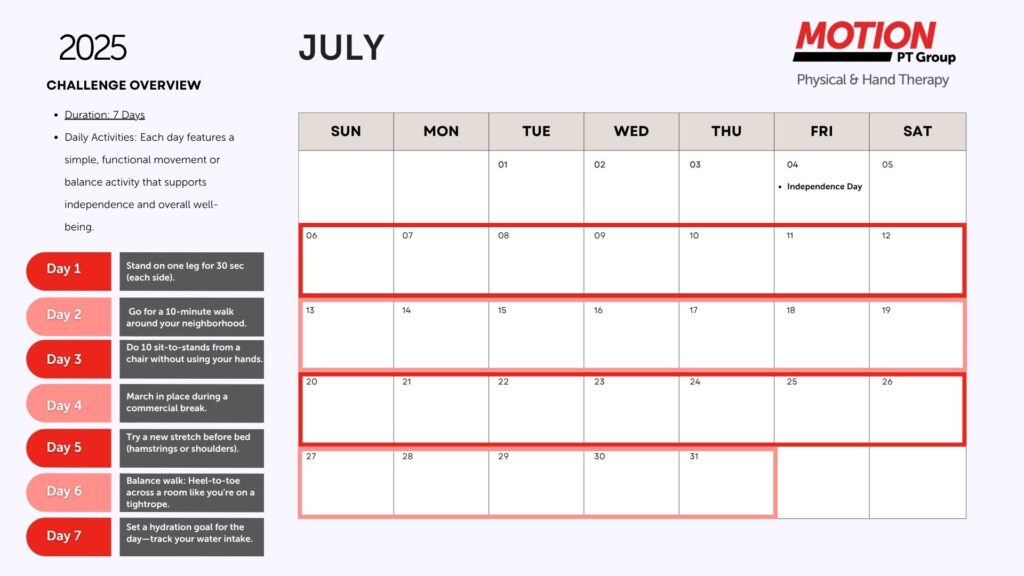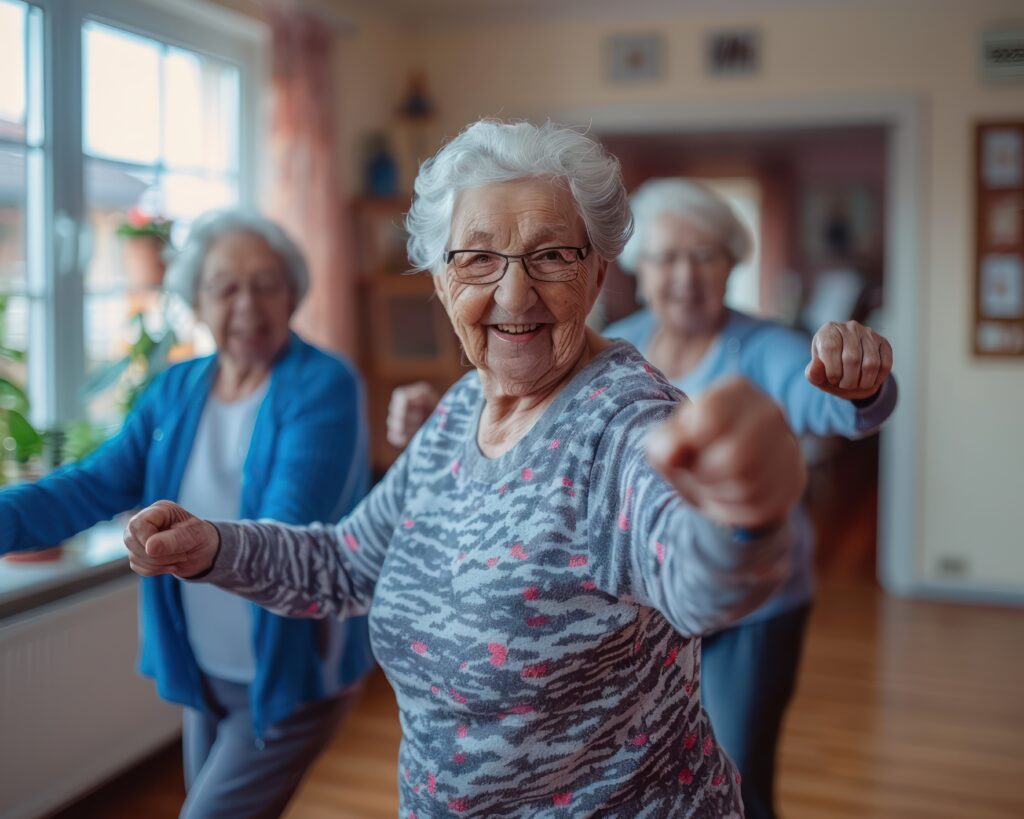Suffering a concussion can be a daunting experience, often leaving individuals feeling disoriented and anxious about their recovery journey. However, with advancements in the holistic approach of physical therapy, the path to healing after a concussion has become significantly more manageable. Let’s explore the pivotal role that physical therapy plays in concussion recovery, shedding light on the techniques and therapies designed to help individuals regain their normal lives.
Understanding Concussion: More Than Just a Bump on the Head
It’s essential to comprehend the intricate nature of concussions. A concussion is not merely a physical injury but also a neurological condition that requires careful attention and specialized care. Common symptoms such as headaches, dizziness, blurred vision, and cognitive difficulties can significantly impact one’s daily life, making it imperative to seek comprehensive treatment.
The Role of Physical Therapy in Concussion Recovery
- Comprehensive Assessment: A successful concussion recovery journey starts with a thorough assessment by a skilled physical therapist. Through detailed evaluations, MOTION physical therapists identify specific symptoms and challenges, allowing for the creation of personalized treatment plans.
- Targeted Exercises for Balance and Coordination: Balance and coordination issues are common post-concussion symptoms. Physical therapists employ specialized exercises aimed at improving these functions, enhancing stability and reducing the risk of falls.
- Visual Rehabilitation: Concussions often affect vision and eye movements. Therapists utilize visual exercises to enhance focus, tracking, and eye coordination, facilitating a smoother transition back to activities such as reading and computer work.
- Gradual Return to Physical Activities: Physical therapists guide patients through a structured, step-by-step process for safely reintegrating physical activities. This approach minimizes the risk of re-injury, ensuring a gradual and steady return to sports and exercise routines.
- Cognitive Rehabilitation: Cognitive challenges following a concussion can be overwhelming. Therapists incorporate exercises to improve memory, attention, and problem-solving skills, empowering individuals to manage these difficulties effectively.
- Vestibular Rehabilitation: Issues with the vestibular system, which controls balance, are common after concussions. Vestibular rehabilitation exercises help patients regain balance and reduce symptoms like dizziness and vertigo.
Empowering Patients, One Step at a Time
Physical therapy offers more than just a set of exercises; it provides a supportive environment where individuals can regain their confidence and independence. Through tailored treatments, education, and continuous support, MOTION physical therapists empower patients to navigate the challenges of concussion recovery successfully.
Your Journey to Healing Begins Here
Recovering from a concussion is a unique and personal experience, and physical therapy plays an indispensable role in this process. By addressing both the physical and neurological aspects of the injury, physical therapists pave the way for a smoother, more effective recovery. If you or someone you know is on the path to concussion recovery, consider the transformative benefits that physical therapy can offer. With expert guidance and a steadfast commitment to your well-being, the road to recovery becomes not just manageable, but hopeful and empowering.




